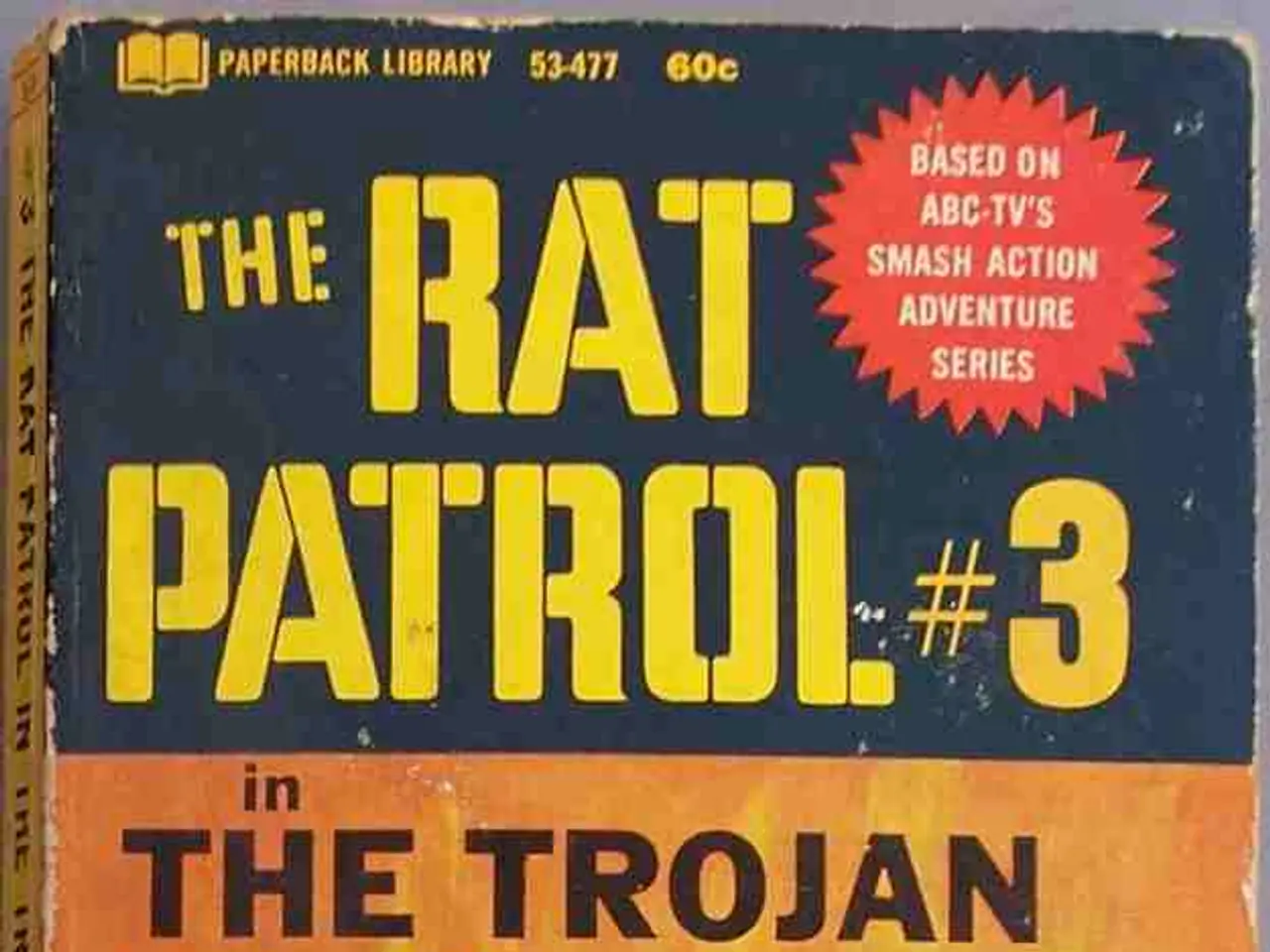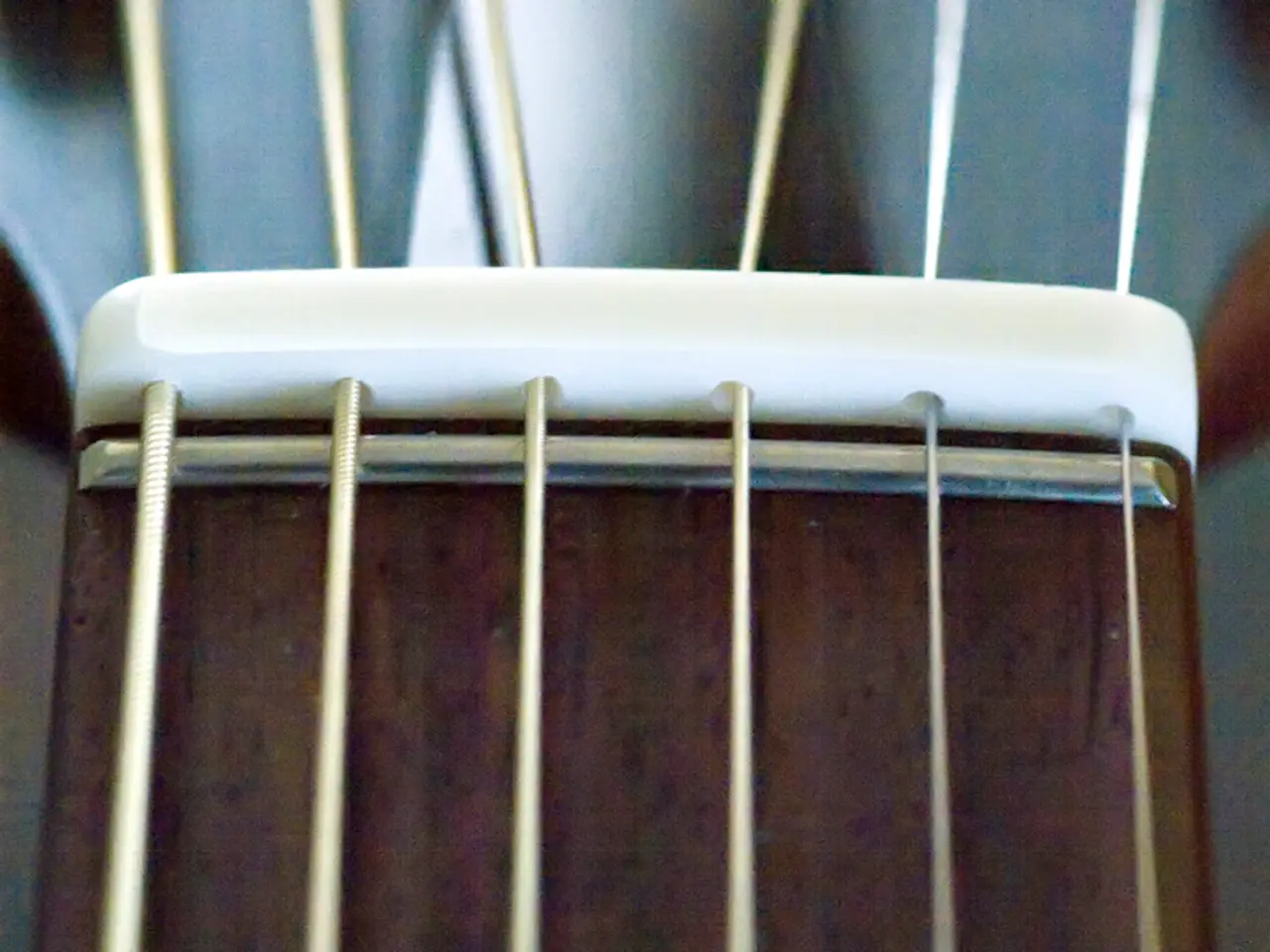Reduction in National Guard Presence in Los Angeles by the Pentagon
In early June 2025, President Trump federalized about 2,000 California National Guard troops to respond to protests against ICE arrests in Los Angeles, a move that was controversial and legally challenged. The situation was described as involving "rebellion" or a failure by local forces to enforce federal law, justifying federal control of the Guard without the California governor’s consent, who had opposed the deployment [1][3].
California Governor Gavin Newsom sued, calling the federalization an "unprecedented power grab," arguing it was illegal and unconstitutional because it bypassed the state's authority over its National Guard and did not meet the threshold for rebellion or failure of state enforcement justifying federal intervention [1][3].
The legal debate hinges largely on whether this deployment violated the Posse Comitatus Act, which prohibits the use of the federal military, including federalized National Guard troops, to perform civilian law enforcement functions unless expressly authorized by Congress or the Constitution [4]. The Trump administration contended the troops were protecting federal property and personnel, which some Justice Department opinions have reasoned does not violate Posse Comitatus. However, this interpretation is not broadly accepted by legal scholars or courts, and no court had definitively ruled on this point at that time [4].
Governor Newsom claimed the violation was imminent or already underway given the federal control and the apparent nature of the troops’ actions [2]. Judge Charles Breyer explicitly asked for legal briefs on whether the Posse Comitatus Act was violated by this deployment, showing the issue remained unsettled in court [2].
The appellate court's temporary approval of the deployment does not settle the constitutional or Posse Comitatus questions definitively but suggests the president's authority to federalize the Guard under Title 10 in this context may be strong [1][2][3].
Los Angeles Mayor Karen Bass categorized the rescission of about half of the National Guard troops deployed to the city as a "retreat." Remaining National Guard troops in Los Angeles County, according to Newsom, have no mission or direction [5].
No arrests were reported during the operation at MacArthur Park, but demonstrators faced a mix of U.S. Marines, National Guard, and Department of Homeland Security police officers in Los Angeles [6]. The deployment was initially for 60 days, but Defense Secretary Pete Hegseth had the discretion to extend or shorten it [7].
Newsom argued that the National Guard troops were likely violating the Posse Comitatus Act and called for Trump and the Department of Defense to end the deployment and send everyone home [8]. He also stated that the Guard was understaffed as California entered peak wildfire season [7].
Chief Pentagon spokesman Sean Parnell stated that the lawlessness in Los Angeles is subsiding, but the legality of the deployment—particularly concerning the Posse Comitatus Act—remains debated and unresolved legally at this time [1][2][3][4]. Bass was blasted on social media for interrupting federal authorities and National Guard troops during an operation at MacArthur Park [6]. On Tuesday afternoon, there was no visible military presence outside the federal complex downtown [9].
- In the ongoing legal debate, questions regarding the legality of President Trump's federalization of California National Guard troops during the protests against ICE arrests in Los Angeles center on whether the deployment violates the Posse Comitatus Act.
- The Posse Comitatus Act, which prohibits the use of the federal military for civilian law enforcement unless expressly authorized by Congress or the Constitution, is at the heart of the controversy surrounding the federalization of the California National Guard.
- Governor Gavin Newsom, in his lawsuit against the federal government, argues that the deployment of the National Guard troops is illegal and unconstitutional, contending that it bypasses the state's authority over its National Guard and does not meet the threshold for rebellion or failure of state enforcement justifying federal intervention.








